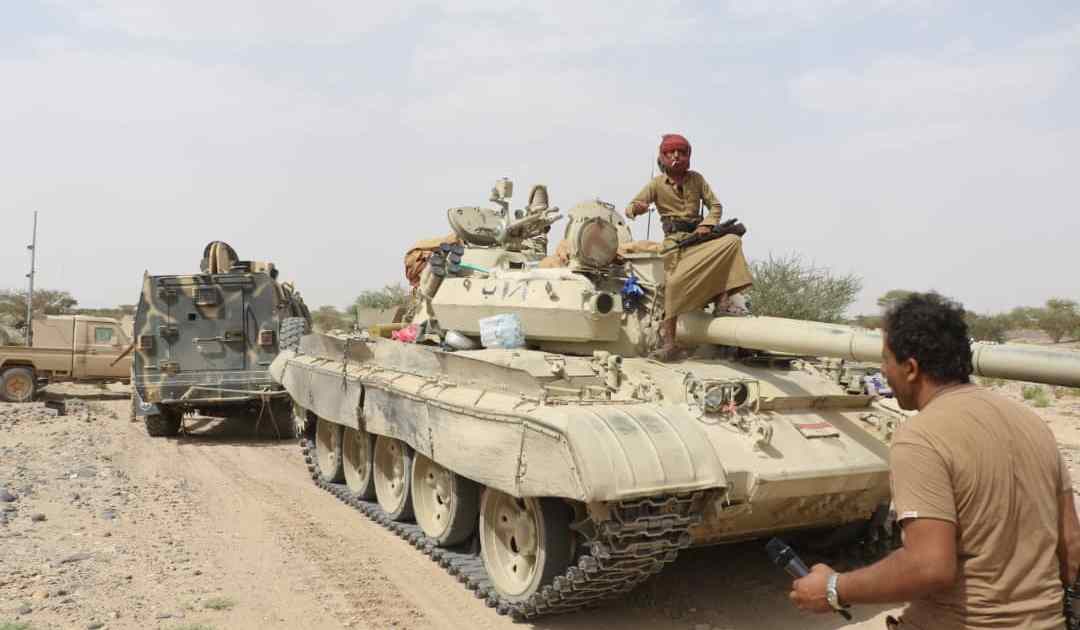Yemeni military sources said that dozens of people were killed in the most violent confrontations between the Yemeni army and the Houthi militia, in the west of the gas-rich Ma'rib governorate, the last stronghold of the recognized government in the north of the country, at a time when the United Nations and the United States are seeking to reach a peace agreement.
The sources said that last night's confrontations erupted for hours, following Houthi attacks on Yemeni army positions in Sirwah, west of Ma'rib and on the Raghwan front.
Sources in the Yemeni army said that it repelled the attacks and left 50 dead and dozens wounded among the militants.
aerial bombardment
The army media center stated that the coalition warplanes launched raids targeting Houthi reinforcements and sites, in conjunction with the battles on the ground.
The Houthi-run Al Masirah TV said coalition warplanes had launched 13 air strikes on Saturday night.
One of the sources - a local official - said, "The fighting continued until the early hours of the morning. These are the heaviest clashes in weeks."
Violent clashes
And from Marib, journalist Ahmed Ayed - told Al Jazeera - that the battles that the governorate witnessed in the last hours may be the fiercest in months, and confirmed that large numbers of Houthis were killed and wounded, and incurred losses.
For his part, Yemeni journalist Hussein Al-Bakhiti said that the news received indicates that the Houthis took control of areas of Marib during the clashes of the past hours.
Al-Bakhiti added - in a previous bulletin - that the intensification of battles is normal, because the war has not stopped and the Saudi raids are still continuing, as he put it.
Marib - which hosts about a million displaced people from other areas in Yemen - has become the focus of a war that has killed tens of thousands of Yemenis and pushed the country to the brink of famine.
political path
The warring parties are working to reach the conditions under which a UN-led effort can be implemented to lift restrictions imposed on Houthi-controlled ports and Sanaa airport, to ease the deteriorating humanitarian crisis and reach a ceasefire, to revive the political negotiations that took place in late 2018.
The Houthis - whose capture of Marib will enhance their position in any future talks - insist on lifting the siege before any talks to establish a truce, and the coalition wants to reach a settlement at the same time.
The Houthis launch frequent missile and drone attacks on Saudi cities, most of which are intercepted by Saudi defenses.
The Houthis say they are fighting a corrupt regime and external aggression.
The conflict has left tens of thousands dead and forced about 80% of the population to rely on relief, amid the worst humanitarian crisis in the world, according to the United Nations, and caused the displacement of millions of people, and left an entire country on the brink of famine.
While the United Nations and the administration of US President Joe Biden are pushing to end the war, the rebels are demanding the opening of Sanaa airport, which has been closed since 2016 by Saudi Arabia, before agreeing to a ceasefire and sitting at the negotiating table.
This month, the United Nations envoy to Yemen, Martin Griffiths, acknowledged the failure of his efforts to end the war in the country, at the conclusion of a 3-year mission.
The identity of the British envoy is not yet known, and the list of candidates for the post includes Britain, Sweden and Japan.

